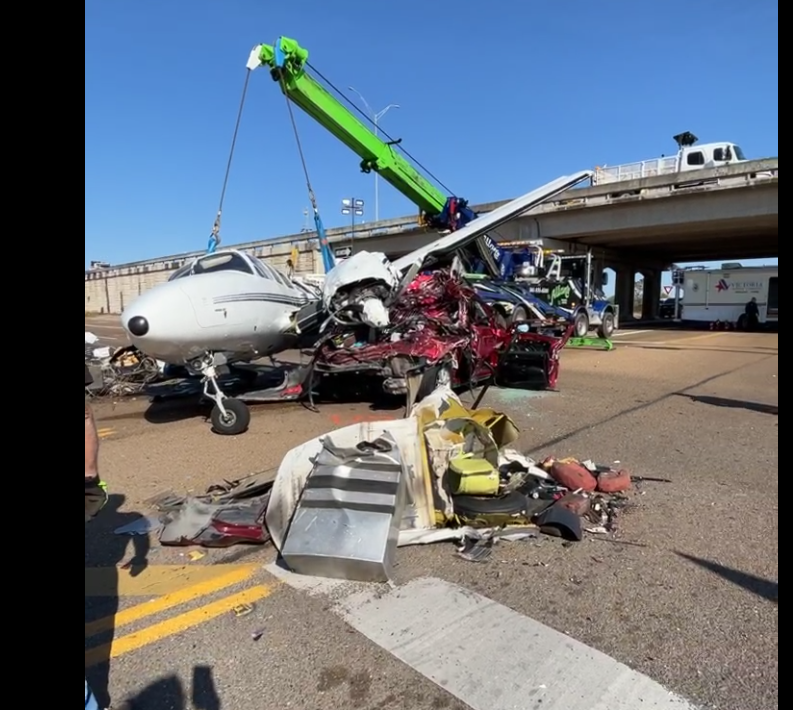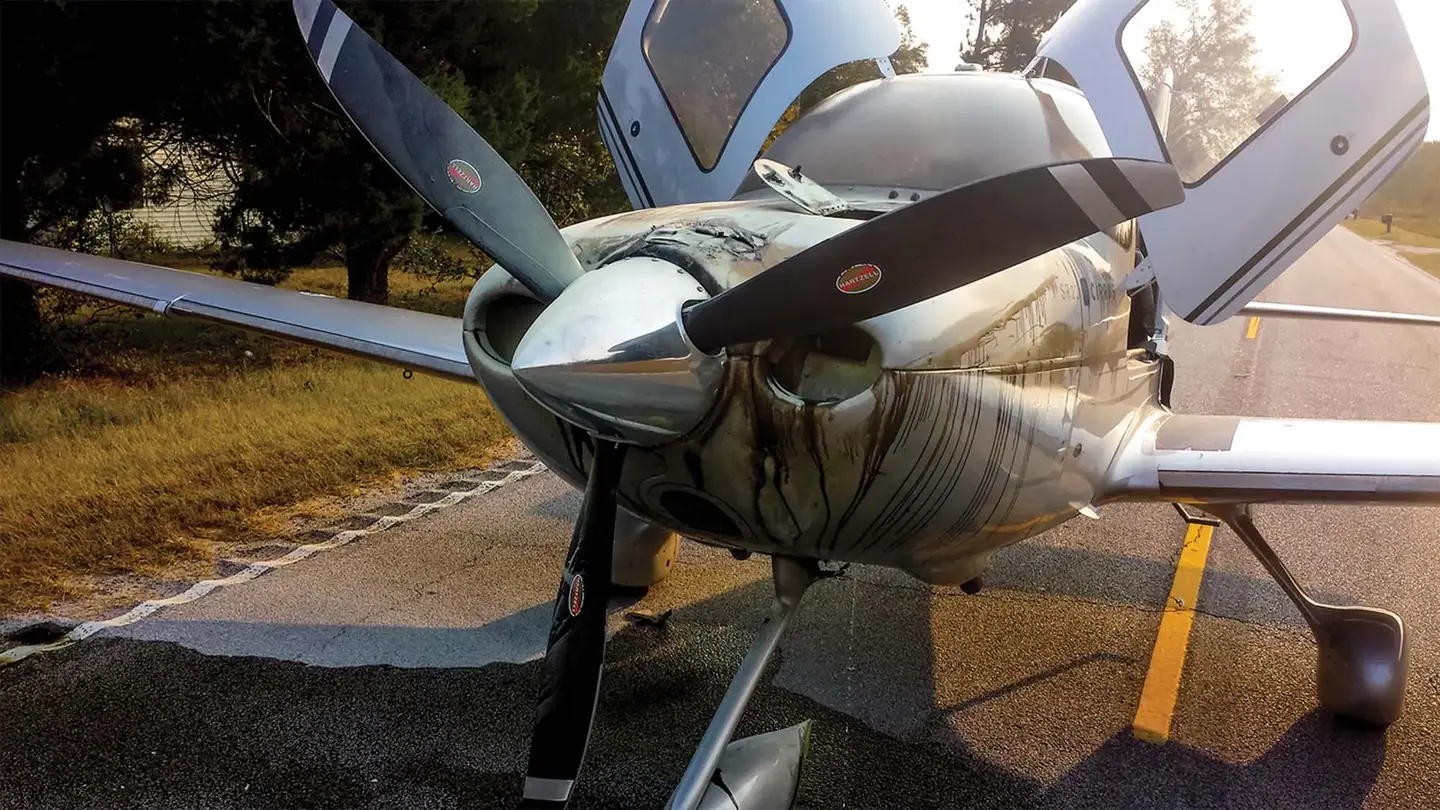Interphone Overkill
AVweb’s Phil Rowe reminds us when to go easy on the interphone chatter.
 Communications between the various crewmembers aboard military airplanesis typically accomplished by means of interconnected electronic devices.The interphone system is a vital part of the equipment required for efficientand coordinated flight crew operations. Pilots communicate with navigatorsfrequently to assure mutual understanding of headings to fly, time to goand estimates to targets or destinations. Pilots and co-pilots communicateover the interphone on matters related to control and flight procedures,coordinating accomplishment of checklists, switch settings and the like.Interphones are absolutely essential.
Communications between the various crewmembers aboard military airplanesis typically accomplished by means of interconnected electronic devices.The interphone system is a vital part of the equipment required for efficientand coordinated flight crew operations. Pilots communicate with navigatorsfrequently to assure mutual understanding of headings to fly, time to goand estimates to targets or destinations. Pilots and co-pilots communicateover the interphone on matters related to control and flight procedures,coordinating accomplishment of checklists, switch settings and the like.Interphones are absolutely essential.
Disciplined and professional inter-communications procedures and techniquesare also essential. So it was not surprising that flight crews in the StrategicAir Command were evaluated on check flights to be sure they followed prescribedinterphone procedures. It just wouldn't do for confusion to occur becauseof improper interphone communications practices.
Well, there are formal interphone procedures and then there are those thatwork. These may not be the same, as was clearly demonstrated on my B-52 aircrewsome years back. Let me explain.
Back in the early days of the B-52, way back in the late 1950's, our crewwas being evaluated on an annual flight check by the Wing StandardizationBoard ( known as "Stand-board"). An instructor/evaluator pilot,instructor/evaluator radar navigator and instructor/evaluator tail gunnerflew with us on a not-so-routine mission. Regular crewmembers included thepilot (aircraft commander or AC), co-pilot, radar navigator, navigator,electronic warfare officer (EWO) and tail gunner.
The evaluators watched over our every move, from mission planning and preflightto the actual airborne mission itself. They checked our charts, fuelcalculations, bombing information, radio and communications procedures andevery detail of in-flight activities. It was a thorough and exhaustiveevaluation. And we did pretty good. In fact the only thing we were "writtenup" for was sloppy interphone procedures.
We couldn't understand what they meant, because we flew a smooth and highlyeffective mission, accomplishing each and every scheduled activity. We madean "on-time" takeoff, a scored item. We were right on the money in our rendezvouswith the tanker and successfully received the prescribed fuel transfer. Itwas a smooth as silk flight. Crew coordination between the six members ofour B-52 flight crew was outstanding. And we hit every target successfully,even scoring a perfect hit against one of the four targets assigned.
"Frank? What's our next heading?" the pilot might typically ask of his navigatorjust before a planned turn.
"Zero six zero, Al," the navigator would respond, indicating that the pilotshould turn to that compass heading. "Turn in 30 seconds," Frank might add.
Now that probably seems like clear and effective communications to the averagereader, but it was the basis for our crew being written up for failing tocommunicate properly over the interphone. The evaluators were having a fieldday writing us up for such sloppy interphone procedures, not withstandingthe fact that our coordination and exchanges of information, one crewmemberto another, was effective and understood by all.
At the de-briefing on the ground, after the flight was over, the evaluatorsrecited each and every incident of what they deemed to be improper interphoneprocedure. What they were "bent out of shape" by was the use of first names,failure to use prescribed phraseology and potentially lax and confusingpractices. We just couldn't believe the write-ups. Nothing had none awryin flight. No confusion existed between anyone on the interphone, and allsix of us were perfectly clear on who was saying what, when and why.
Though the evaluators did not actually flunk our crew, for we had indeedflown a darn good mission and propertly accomplished all required activities,they recommended a re-check within a few days to ensure that we knew "proper"interphone procedures. Our AC was livid, but he bit his tongue and didn'tlose his "cool". Since the check pilot was a Lieutenant Colonel and our ACwas a mere Captain, what else could he do?
"Okay crew," our pilot declared the next day, as we were planning a routinetraining flight. You WILL follow regulations and approved interphone procedures.Got that?"
"Yes, sir. Understand. Will do," we responded in unison. "You got it."
That next routine flight was something to remember. We didn't have anyinstructors or evaluators aboard, but had they been there the interphonecommunications would surely have pleased them. It's just that we wouldn'thave gotten anything done.
"Navigator? This is the pilot, Over."
"Roger pilot. This is the navigator. Over."
"Navigator, This is the pilot. What is our next heading?"
"Pilot, this is the navigator. The next heading is zero five zero degrees,magnetic. Do you copy? Over?"
"Roger, navigator. This is the pilot. I copy heading zero five zero degrees.Advise when to turn. Out."
A few seconds pass by, and then ...
"Pilot, this is the navigator. Over."
"Roger, navigator. This is the pilot. Over."
"Pilot, turn now to heading zero six zero. Over."
"Roger, navigator. This is the pilot. Turning now to heading zero six zerodegrees. Out."
"Navigator, this is the co-pilot. Over."
"Roger, co-pilot. This is the navigator. Over."
"Navigator, this is the co-pilot. Please affirm that new heading of zerosix zero degrees. A moment ago you said you wanted zero five zero degrees.Over."
"Co-pilot, this is the navigator. That's affirmative on the new heading ofzero six zero degrees. Over."
"Roger, navigator. This is the co-pilot. Confirming turn to zero six zerodegrees now. Why the change from zero five zero degrees? Over."
"Because, damn it, this interphone chatter took too long and we missed thedamn turning point. Out."
"Navigator, this is the pilot. Over."
"Yeah, what d'ya want? Over."
"Navigator, you are not following prescribed interphone procedures. Out."
Author's Postscript: This actually happened.






